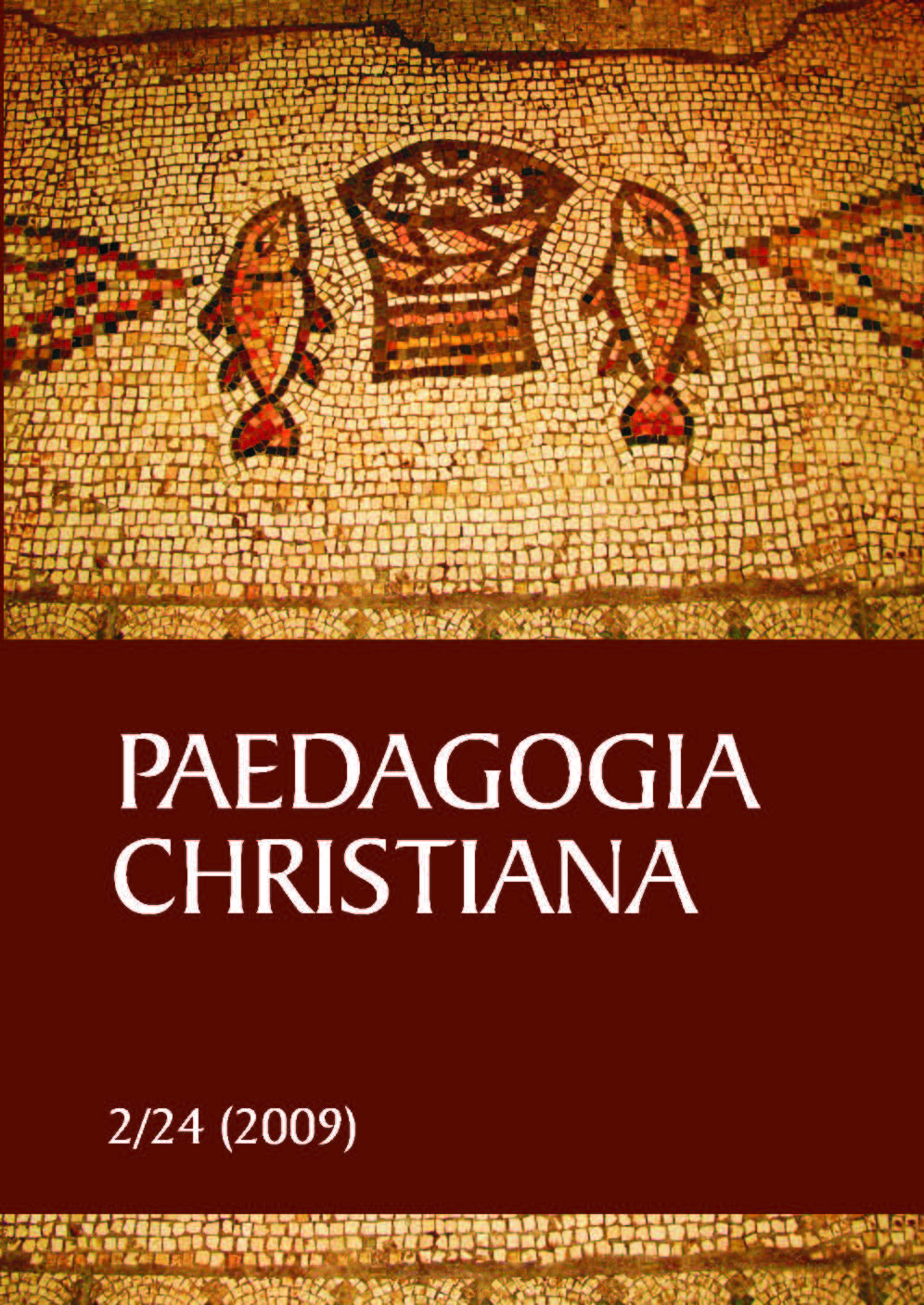From the history of the female school in Staniątki in the second half of the XIX century
DOI:
https://doi.org/10.12775/PCh.2009.037Abstract
The convent school for girls had been managed by Benedictines in Staniątki at least since XVI century. After the inclusion into the Austrian annexation in 1784 the transformation of the school from convent into so-called “normal” followed and it was subordinated to secular authorities organizationally and programmatically. The existence of nunnery was depended on the acceptance of school that functioned at it. The situation changed after the introduction of the autonomy in Galicia, then in 1869 the school obtained the status of the private female school, acknowledged equally with schools that had public laws. This was the boarding-school for girls and rules of functioning were qualified by internal regulations some of them remained in monastic archives. The most important aim was the education according to the religious-moral spirit and complete schooling, which gives bases to the further education. Regulations in detail defined to schoolgirls among which there was accustoming of girls to the regularity in working, the order, the sense of duty, the obedience in the face of superiors, the respect in the face of themselves and the others. The limits of behaving were clearly defined and fulfilling of duties was executed meticulously. The breaking of obligatory regulations threatened with the punishment and the expulsion from the school. The schoolgirl’s day was organised so, that all the time it was filled with the education, the prayer and the rest. The unusual attention was paid on the hygiene of the mental work, girls’ health and development and the proper formation of the character, in accordance with the accepted educational ideals.
Downloads
Published
How to Cite
Issue
Section
Stats
Number of views and downloads: 1078
Number of citations: 0



